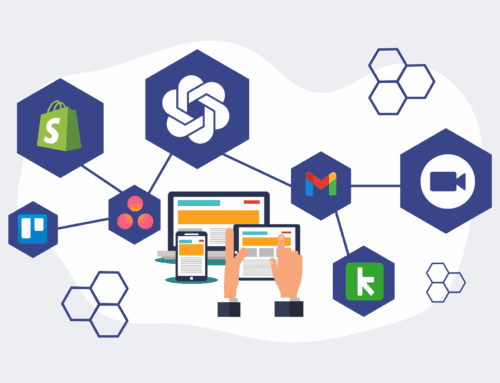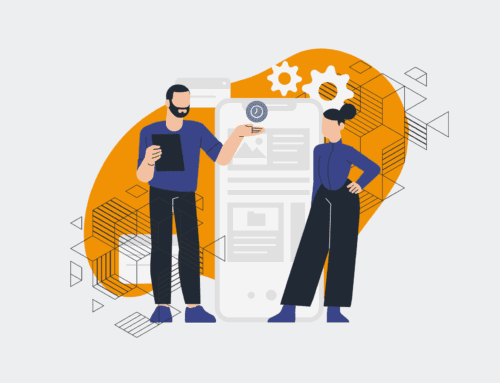Maximizing Interview Slot Utilization with Predictive AI
In the high-stakes world of recruitment, the interview process often feels like a delicate dance between candidate availability and interviewer capacity. Yet, beneath the surface of seemingly simple scheduling lies a significant drain on resources: underutilized interview slots. No-shows, last-minute cancellations, and sub-optimal scheduling practices don’t just create administrative headaches; they translate directly into wasted time, delayed hiring, and ultimately, lost revenue. For business leaders, these inefficiencies are not merely an HR problem but a critical operational bottleneck that demands a strategic solution.
At 4Spot Consulting, we’ve spent decades observing and optimizing business processes across various industries. What consistently emerges is that the true cost of inefficiency is often hidden in plain sight. In recruiting, it’s the cumulative effect of a senior manager waiting for a candidate who never arrives, the recruiter spending hours rescheduling, or a top-tier candidate opting for a competitor because our process was too slow. This is where the transformative power of Predictive AI steps onto the stage, offering not just a fix, but a revolution in how organizations approach interview management.
The Hidden Costs of Traditional Interview Scheduling
Think about the typical interview workflow. A candidate is identified, interviewers are chosen, and a flurry of emails or calendar invites ensues. Even with automated scheduling tools, the system is inherently reactive. It responds to current availability but does not anticipate future states. This leads to a cascade of issues: prime interview slots are booked by candidates who later withdraw, leaving them vacant and unfillable on short notice. Conversely, high-potential candidates might face delays because the most suitable interviewers are perpetually overbooked or their calendars are riddled with speculative appointments.
Beyond the immediate administrative burden, these inefficiencies contribute to a poor candidate experience. Long waits between interview stages or frequent rescheduling can signal disorganization, deterring top talent. For businesses operating at scale, where hundreds or even thousands of interviews are conducted annually, even a small percentage of underutilized slots can amount to hundreds of lost productive hours and thousands of dollars in operational costs. This is low-value work for high-value employees, precisely the kind of bottleneck we specialize in eliminating.
Predictive AI: A Proactive Approach to Interview Optimization
Predictive AI shifts the paradigm from reactive scheduling to proactive optimization. Instead of merely managing existing appointments, AI analyzes historical data and real-time inputs to forecast future behaviors and patterns. Imagine a system that can accurately predict the likelihood of a candidate no-show based on their past engagement, the time of day, or even external factors like public transport disruptions. This foresight allows organizations to intelligently overbook certain slots with a calculated risk, or proactively offer alternative times to candidates more likely to cancel, ensuring maximum utilization.
But predictive AI goes beyond just anticipating no-shows. It can optimize interviewer allocation by analyzing individual interviewer availability, past performance in assessing candidates, and even bias indicators. This ensures that the right interviewer is matched with the right candidate at the optimal time, maximizing the quality of the assessment and minimizing internal friction. By understanding peak demand periods and interviewer capacity, AI can suggest the most efficient distribution of interview load, preventing burnout and ensuring critical hiring targets are met without undue strain on the team.
Implementing AI-Driven Interview Slot Utilization
Implementing such a system requires a strategic approach, which is precisely what our OpsMap™ framework is designed for. It begins with a thorough audit of your current recruitment processes, identifying data sources, bottlenecks, and areas ripe for AI intervention. This isn’t about throwing technology at a problem; it’s about understanding your unique operational DNA and then strategically deploying AI and automation where it delivers the most significant ROI.
For example, integrating predictive AI with your existing Applicant Tracking System (ATS) and calendar platforms (like Google Calendar or Outlook) allows for seamless data flow. The AI can then learn from past interview outcomes, reschedule rates, and candidate feedback to refine its predictions continuously. Dashboards provide real-time insights into slot utilization, interviewer capacity, and potential bottlenecks, empowering HR leaders to make data-driven decisions that impact the entire hiring funnel.
The Tangible Benefits: Beyond Efficiency
The benefits of maximizing interview slot utilization extend far beyond simple efficiency gains. For high-growth B2B companies, this translates into a faster time-to-hire, directly impacting revenue generation as critical roles are filled more quickly. It significantly improves the candidate experience, portraying your organization as forward-thinking and respectful of their time, a crucial differentiator in today’s competitive talent market.
Internally, it frees up valuable recruiter and hiring manager time, allowing them to focus on high-impact activities like candidate engagement and strategic planning, rather than administrative firefighting. This reduction in low-value work directly contributes to higher employee satisfaction and retention. By eliminating human error and leveraging data-driven insights, businesses can achieve a level of operational excellence in their recruitment process that was previously unattainable.
At 4Spot Consulting, we specialize in building these kinds of intelligent, automated systems. Through our OpsBuild™ services, we connect disparate SaaS systems using platforms like Make.com, integrating AI capabilities to create a cohesive, optimized recruitment ecosystem. We don’t just set it up and leave; our OpsCare™ ensures ongoing support and optimization, adapting the system as your business evolves.
Embracing predictive AI for interview slot utilization isn’t just about adopting new technology; it’s about making a strategic investment in your organization’s future, ensuring that every interaction with talent is optimized, efficient, and contributes to your overarching business goals.
If you would like to read more, we recommend this article: Mastering Interview Automation: 10 AI Tools to Conquer Scheduling Chaos








